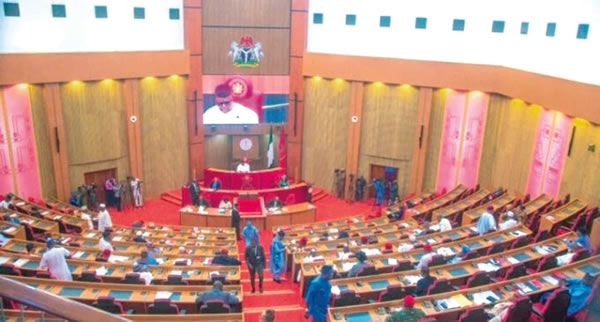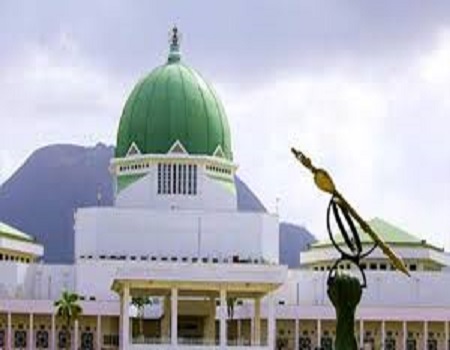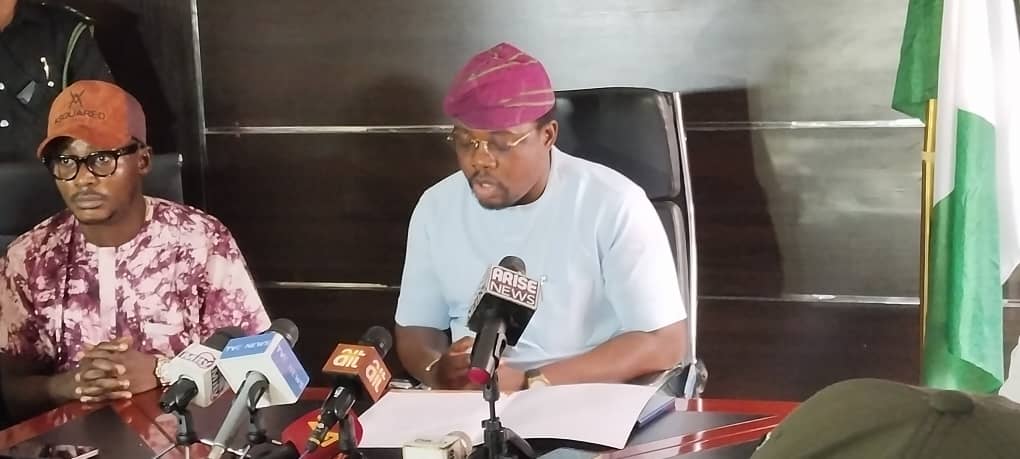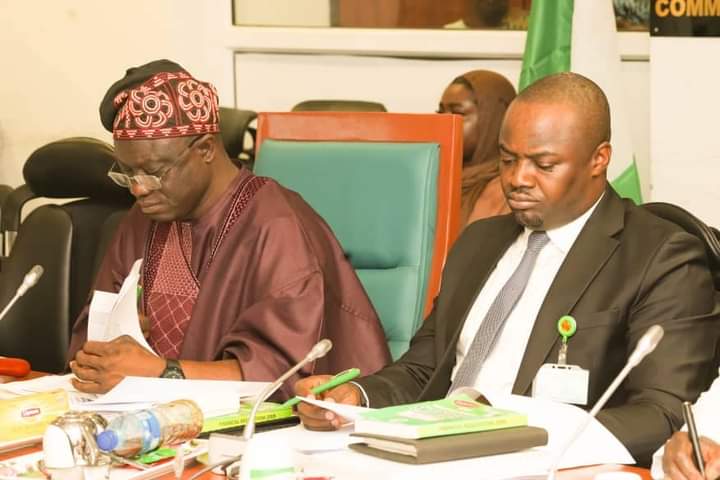2025 budget: Senators Query FG’s Borrowings Despite Improved Revenue Targets
Senators raised concerns on Monday about the Federal Government seeking loans to fund the nation’s budgets despite high revenue targets achieved by revenue-generating agencies this year.
The National Assembly was informed on Monday that nearly all the Federal Government’s revenue agencies surpassed their 2024 revenue targets, just days after lawmakers in both chambers approved a $2.2 billion loan included in the 2024 budget.
These revelations were made during an interactive session held by the Joint Committees on Finance and National Planning and Economic Affairs with revenue agencies on the 2025–2027 Medium-Term Expenditure Framework (MTEF) and Fiscal Strategy Paper (FSP).
The MTEF and FSP outlined the parameters for the 2025 budget, forming the basis for government proposals.
The session was jointly chaired by the Chairman of the Senate Committee on Finance, Sen. Sani Musa, and the Chairman of the House of Representatives Committee on Finance, Hon. James Faleke.
The $2.2 billion loan (₦1.7 trillion) is meant to partially fund development projects in the 2024 budget and is tied to the ₦9.7 trillion deficit outlined in the bill.
The government has already disclosed that the 2025 budget, which is still under preparation, is projected to total ₦49 trillion and will incorporate a deficit of about ₦13.5 trillion.
Top officials in attendance included the Minister of Finance and Coordinating Minister of the Economy, Mr. Wale Edun; the Minister of Budget and National Planning, Sen. Atiku Bagudu; and the Director-General of the Budget Office of the Federation, Mr. Taminu Yakubu.
As the agencies presented their revenue performances, senators questioned why the Federal Government continued to borrow despite generating substantial funds from Internally Generated Revenue (IGR).
The Nigeria Customs Service, for instance, reported generating ₦5.352 trillion, surpassing its ₦5.09 trillion target for 2024.
The agency’s Comptroller-General, Adewale Adeniyi, disclosed that it projected ₦6.3 trillion in 2025 and hoped to exceed that target by 20% in 2026 and 10% in 2027.
“We can meet these targets if the National Assembly allows us to do our job, as we have demonstrated over the past year,” he told the lawmakers.
Adeniyi added that the agency exceeded its revenue target despite losing ₦1.2 trillion to waivers.
The Group Chief Executive Officer of the Nigerian National Petroleum Company Limited (NNPCL), Mr. Mele Kyari, briefed the session on crude oil production targets for royalties and taxes. He noted that daily oil production currently stood at 1.8 million barrels, nearing the 2.06 million barrels per day projected for 2024.
Kyari assured the committees that revenue targets would be exceeded by year-end and projected that the company would remit ₦23.7 trillion to the Federation Account in 2025.
Similarly, the Chairman of the Federal Inland Revenue Service (FIRS), Mr. Zacch Adedeji, reported exceeding the agency’s 2024 revenue target of ₦19.4 trillion by 15%, with ₦5.7 trillion collected from company income tax alone.
These achievements caught the attention of committee members, who questioned why the government continued to seek loans when internally generated revenue appeared sufficient to meet the country’s needs.
Sen. Adamu Aliero queried, “Why is the government borrowing when we have so much money?
“From what has been presented to us, all the revenue agencies either met or exceeded their revenue targets—FIRS, Customs, NNPCL.
“Over ₦51 trillion has been collected so far, while we budgeted about ₦35 trillion for 2024. What are we doing with the excess revenue?
“Recently, we approved another loan of $2.2 billion.”
Related Post
Faleke inquired, “If the IGR target has been surpassed, do we still go ahead and borrow simply because it was budgeted?”
Sen. Musa asked, “How will more borrowing help our economy grow?”
However, Edun and Adedeji defended the necessity of the loans despite the agencies’ strong revenue performances.
The Coordinating Minister explained that borrowing, when invested for the right purposes, stimulates growth and production. He noted that the 2024 budget was designed with a loan component to address the ₦9.7 trillion deficit.
“Despite the stellar performances of revenue agencies, the revenue is still below the 2024 budget projections because a deficit was already anticipated.
“We still need to improve revenue collection and borrow to invest in the economy to continue stimulating growth and production,” the minister insisted.
Adedeji added that meeting revenue targets did not eliminate the need for borrowing.
“You (the National Assembly) approved in the 2024 budget that we should borrow. The budget includes both borrowing and IGR.
“Borrowing is not a crime. Meeting revenue targets and borrowing are not conflicting,” he stated.
The Economic and Financial Crimes Commission (EFCC) and the Revenue Mobilisation Allocation and Fiscal Commission (RMAFC), however, sided with lawmakers, arguing that Nigeria could fund its budgets without loans.
EFCC Secretary, Mr. Mohammed Haman Joda, revealed that the commission recovered ₦197 billion this year but explained that most recoveries were returned to victims, including state governments.
Joda emphasized that if revenue agencies enforced collections diligently, Nigeria would not need to borrow. He cited International Oil Companies (IOCs) owing substantial revenues and urged the NNPCL to take a firmer stance.
He also criticized the practice of businesses operating in dollars instead of naira.
“Shopping malls and private schools charge in dollars,” he noted.
RMAFC Chairman, Dr. M.B. Shehu, highlighted that the NNPCL ceased full payment of petrol subsidies in October but had yet to reconcile remittances to the Federation Account.
“If we become more serious, Nigeria wouldn’t need to borrow a dime at this moment,” he added.
The Senate Chief Whip, Sen. Mohammed Monguno, expressed dissatisfaction with the “30%” performance of the 2024 budget, stating that it did not justify the revenues and loans secured by the government.
“Budget performance is abysmally 30% as of November, and we are already on the verge of receiving the 2025 budget,” he said with frustration.















Post Comment